FRAMEWORKS FOR THE DEPLOYMENT OF INTERNATIONAL FIELD SCHOOL PROGRAMS
International Field School
About
These programs take students abroad where they are exposed to learning opportunities inside or outside the classroom. They are exposed to new teaching and learning methods which improve their future practice. Students travel in groups to specific locations and their learning experience is highly controlled.
Type
Courses: Experiences are based on course content usually taking place at a local university and if possible along with other local students. The way the course is offered is flexible making the most of their local surroundings.
Research: Experiences are based on conducting research projects which are directly in line with their learning goals.
Themes: In some cases, international field schools are based on topics of general interest to the students, but rich in terms of intercultural skills development. Examples include cultural, historic, cuisine, geography, etc.
Learning Approach
In the classroom: Formal learning takes place within the context of university classrooms. In some cases, local university instructors can contribute to the course delivery providing robust local context enabling visiting students to test and expand their intercultural understanding.
Experiential learning: Instructors can incorporate course material in line with the local learning opportunities including the country's history, cultural norms, legal systems, social rules, economic activities, and more. Incorporating local partners such as museums, government agencies and local not-for-profit organizations will significantly contribute to the overall student experience.
Partner Involvement
Deploying these programs abroad offers extraordinary pedagogical and learning opportunities that cannot be found in the home country. International field schools should leverage the unique expertise from various international partners, especially those whose mission includes education, research, community development, etc.
Expectations
Higher education institutions can explore the limitations of their own curriculum strategies by testing the extent of their learning outcomes. Testing their approach in collaborations with international partners can greatly enhance their own practices. In addition to the regular logistical support from local partners, institutions should leverage local knowledge in an effort to support diversity of thoughts, teaching methodologies, learning approaches, etc.
As local partners engage with higher education institutions, they too are exposed to new opportunities. Recognizing that will create trustful and long-term collaborations.
